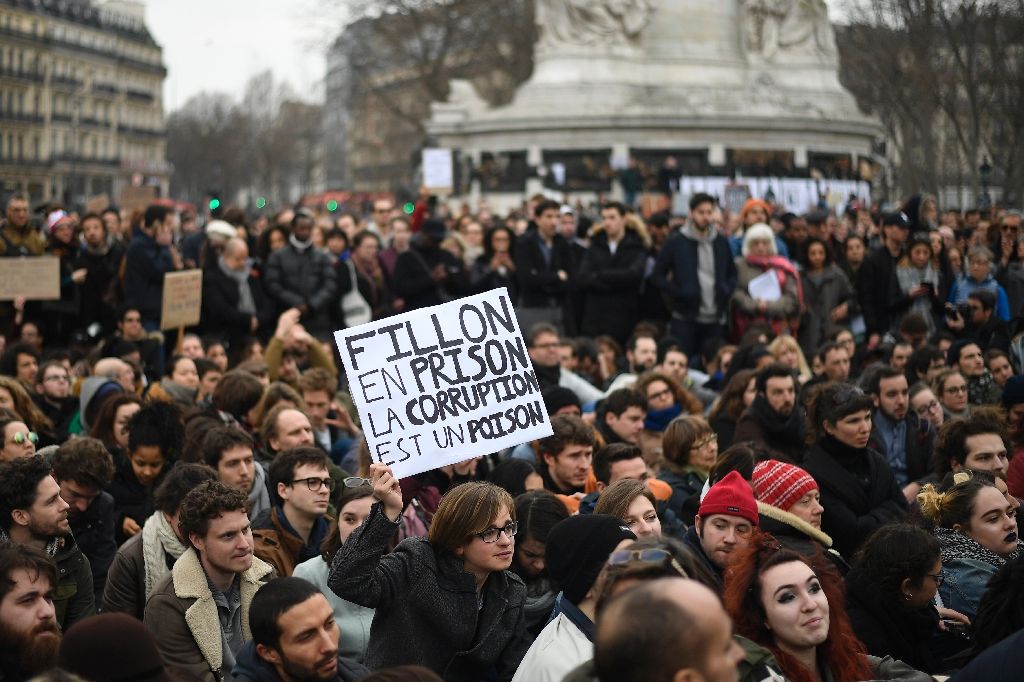
A man holds a placard reading “Fillon to prison, corruption is a poison” during a rally to protest against the corruption of the elected politicians.
Rome/Berlin, 27 Jumadil Awwal 1438/24 February 2017 (MINA) – Five key G20 countries are failing to meet commitments to publish data that helps tackle corruption, warns a new report by international anti-corruption watchdogs.
“If the data was publicly available it could be used to curb criminal activities, including money laundering and tax evasion,” ipsnews.net reported, citing the joint research published on February 23 by Transparency International (TI) and the Web Foundation.
Also Read: Saudi Arabia Wins Bid to Host World Expo 2030
“In 2015 the G20 (Group of the 20 most industrialised countries) agreed that in order to help stop corruption, governments should publish data on open data platforms so that civil society could monitor the use of public resources, including how taxes are spent, how contracts are awarded and how money is funnelled into political campaigns.”
Connecting the Dots: Building the Case for Open Data to Fight Corruption looked at how much progress Brazil, France, Germany, Indonesia and South Africa have made in implementing the G20 Anti-Corruption Open Data Principles, according to the research.
These countries were chosen as a representative global and economic cross-section of G20 countries.
The conclusion is clear: there is not enough progress, says the report, adding that no country has released all the information and much of the information that has been released is hard to find and use.
Also Read: 148 Products from Indonesia Promoted at Sarawat Superstore Jeddah
According to the report, none of the countries posted any information about who owns companies (beneficial ownership information). France was the only country to publish some information on lobbying activities and only Brazil published information about government spending.
“Governments need to step up their game if open data is to put a dent in global corruption. ..They must work to change attitudes among civil servants, invest in vital technology and the development of skills, and crucially, they must enshrine G20 Principles into national law,” said Robin Hodess, interim Internal Managing Director of Transparency International and a co-author of the report.
“The Panama Papers showed us the scale of corruption happening in the shadows that datasets can help reveal. These developments called for urgent solutions. That governments are instead dragging their feet on mobilising open data raises questions about their commitment to transparency,” said Craig Fagan, Web Foundation Policy Director.
Also Read: Packaging Industry Supports Halal Ecosystem
France scored the best, Indonesia the lowest
Transparency International and the Web Foundation analysed ten data sets linked to anti-corruption measures. These included public information on lobbying, land registrations, government spending, beneficial ownership of companies and political financing.
According to the report, researchers scored the quality of each data set using a nine-point checklist that includes an assessment of the timeliness for publication and updates, ease of access, provision of supporting documents, and the ability to cross-reference data sets.
“France performed best, scoring an average of 5.4 out of a possible 9 points. Indonesia received the lowest score, managing just 1.5 points.”
Also Read: Indonesia-Japan Agree on Energy Transition Cooperation
The dataset that had the most information was on government budgets with an average score of 7.8 across the five countries, says the report.
However, government spending and lobbying registers each scored 1.6 and land registers scored 1.8. This shows that governments are not collecting or disseminating crucial information in key areas prone to corruption.” (T/RS05/RS01)
Mi’raj Islamic News Agency (MINA)
Also Read: Dubai Expo 2020 Holds Special Event for Palestine










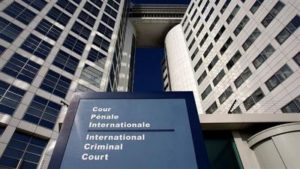



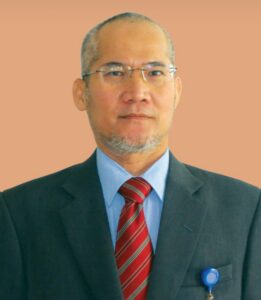
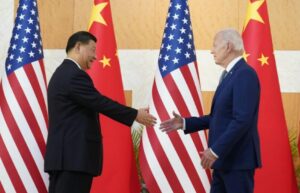

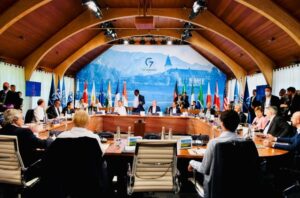
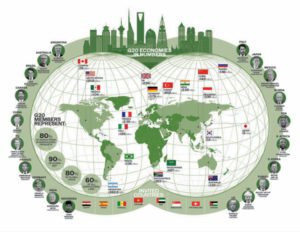
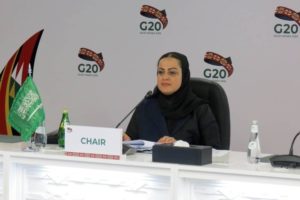












 Mina Indonesia
Mina Indonesia Mina Arabic
Mina Arabic